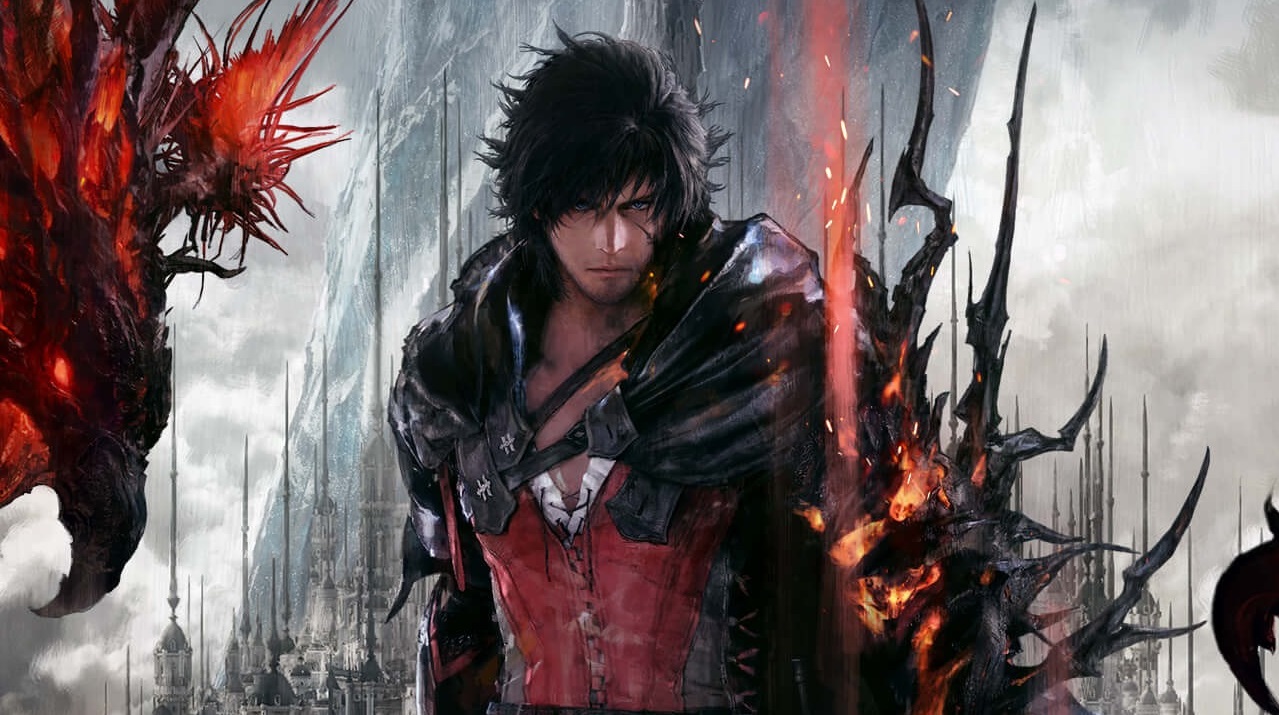On May 3, Saudi Arabia’s Public Authority for Media Twitter account stated that Final Fantasy 16 will not release in the country due to “the publisher’s unwillingness to make the necessary modifications.” This game is the latest in a long list of titles banned in the country, including Spec Ops: The Line, The Last of Us Part 2, Fallout: New Vegas, and most entries in the God of War franchise.
However, while Saudi Arabia’s Public Authority for Media sometimes states the exact reasons why a game is banned, sometimes it doesn’t. Currently, Final Fantasy 16’s sits in the latter category. However, that hasn’t stopped the internet from speculating, and some compelling theories have emerged from all of that speculation.
The most prevalent theories revolve around Final Fantasy 16’s rumored inclusion of violence, drug use, and sexual content such as prostitution. According to the ESRB, the game earned an “M for Mature” rating due to its extreme violence (including scenes of dismemberment), sex scenes that include a trip to a brothel (as well as partial nudity), and other traditionally mature content. While any of that content could have gotten the game banned in Saudi Arabia, other games that feature somewhat similar content are available in the region. That has led to some speculation that there could be something else in the game that pushed it over the top.
Specifically, rumors have swirled about a potentially prominent homosexual character in Final Fantasy 16 for quite some time. Some believe that character could be the game’s main character, while others have speculated that the game will simply feature more intense and prominent sexual scenes than we’re used to seeing in a Final Fantasy game. While the ban by no means confirms that a homosexual character is in Final Fantasy 16 (or that the game was banned because of that character), it certainly gives credence to that theory. Saudi Arabia previously banned The Last of Us Part 2 due to its depiction of a relationship between Ellie and Dina. If the country’s rating board did it once with such a big-name exclusive title, it stands to reason it would do it with another one like Final Fantasy 16, again assuming LGBTQ+ representation is the root cause.
For what it’s worth, the board’s general supervisor for video games, Hattan Tawili, previously stated that there was a major 2023 game that won’t be released in Saudi Arabia due to the “company’s complete refusal to modify the content to suit the region.” He went on to say that “it is clear to the company what happened, but they put it in abundance without reason and refuse to modify it.” Again, there are numerous abundances that could theoretically lead to such a ban, though sexual content (especially LGBTQ content) would be the most logical contributing factor given the nature of the major games that are (and aren’t) released in that region.
This isn’t the first time Final Fantasy 16 has entered the news because of an “unwillingness” to alter certain content. During an interview with IGN, the game’s producer, Naoki Yoshida, stated that the game world won’t feature much cultural diversity because it is heavily inspired by medieval Europe, as well as “geographically and culturally isolated” regions. Despite all the criticism levied at Yoshida for his reasoning (and regardless of whether you agree with it), Yoshida stuck to his vision. Given this track record, it seems likely to assume that Yoshida fought to keep whatever Saudi Arabia’s ratings board thought was inappropriate, and he eventually won.
While Saudi Arabia publicly announced the ban of Final Fantasy 16, other Middle Eastern countries might follow suit. For instance, the United Arab Emirates has a tendency to ban the same games as Saudi Arabia, usually for the same reasons. Don’t be surprised if Final Fantasy 16 is outlawed in other countries near or neighboring Saudi Arabia in the near future, though most gamers can still expect to play the game when it is released for PlayStation 5 on June 22.
